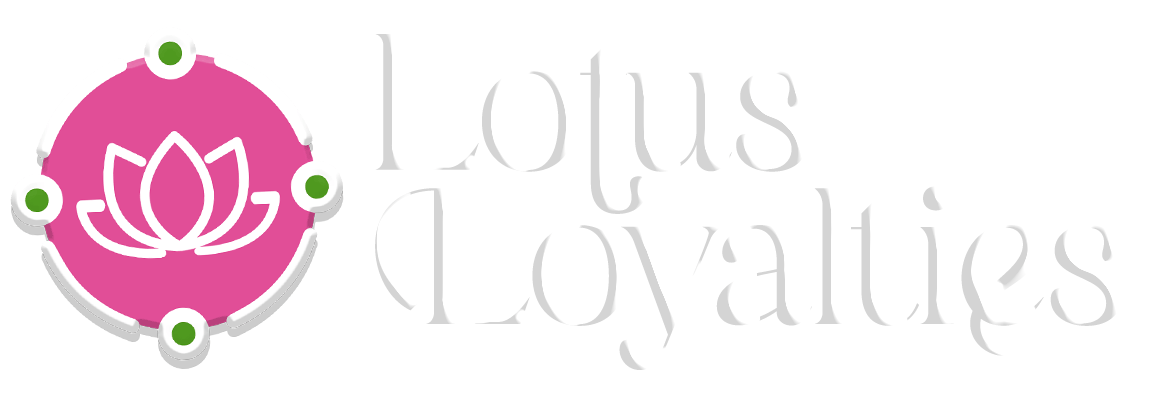
Are you looking to build stronger connections with those around you? Do you want to cultivate a more compassionate approach in your relationships? If so, then it’s time to start practicing empathy.
Empathy is the ability to understand and share the feelings of others. It’s an essential skill that helps us connect with people on a deeper level, allowing us to create meaningful bonds built on trust, understanding, and compassion.
In this article, we’ll explore how cultivating empathy can help you become a better listener, communicator, and friend. We’ll also provide tips on developing this crucial skill set so you can create stronger and more fulfilling relationships in all areas of your life.
So let’s dive in!
Understanding Empathy And Its Importance
Empathy is the ability to understand and share the feelings of others. It’s a skill that allows us to connect with people on a deeper level, creating stronger relationships built on mutual understanding and trust.
Empathy is essential in our personal and professional lives, as it helps us navigate complex social situations with grace and compassion. Without empathy, we would struggle to relate to others or form meaningful connections. We might miss important nonverbal cues or fail to recognize how our words or actions impact those around us.
In contrast, we become better listeners and more effective communicators when we cultivate empathy. We can put ourselves in someone else’s shoes, seeing the world from their perspective and responding with empathy and kindness.
Empathy isn’t just a nice-to-have quality; it’s an essential component of emotional intelligence. By honing our empathetic skills, we can build stronger connections with friends, family members, colleagues, clients, and strangers. As we learn to see through another person’s eyes, we develop greater self-awareness while deepening our appreciation for the beauty and diversity of human experiences.
Developing Empathy Through Active Listening
Active listening is a crucial component in developing empathy. When we listen actively, we are fully present and engaged with the person speaking to us. We give them our undivided attention, allowing us to understand their perspective better.
This technique involves not just hearing what someone has to say but also paying attention to nonverbal cues like body language and tone of voice. To become an effective active listener, it’s essential to focus on the speaker’s message without interruptions or distractions.
It means allowing them to express themselves without jumping in with their thoughts or opinions. Repeat what they’ve said in your own words to confirm that you understand everything correctly. Through active listening, we develop deeper connections with people because we show them we care about what they say.
It helps build trust and respect between individuals and empowers both parties involved. Active listening is a powerful tool for cultivating empathy since it requires patience and compassion from the listener while holding space for another person’s experience without judgment or criticism.
Practicing Empathy In Communication
Imagine this scenario: you’re conversing with someone, and they seem upset. They might be frowning, crossing their arms, or avoiding eye contact. You want to help them feel better but don’t know where to start. This is where practicing empathy in communication can make all the difference.
Empathy means understanding another person’s feelings from their perspective. It involves listening actively, acknowledging their emotions without judgment, and showing that you care about what they’re going through. Doing this creates a safe space for them to express themselves and feel seen and heard.
Focusing on the other person rather than yourself is essential to practice empathy in communication effectively. Put aside your opinions and experiences and honestly try to understand theirs.
Ask open-ended questions, use reflective listening techniques like paraphrasing or summarizing what they’ve said, and validate their feelings by saying things like “I can imagine how difficult that must be for you.”
With these tools, you can build stronger connections based on compassion and mutual understanding.
Building Empathy In Personal Relationships
To cultivate empathy, starting with the relationships closest to us is essential. This means building more robust and more compassionate connections within our personal relationships. Doing so can create a ripple effect of kindness and understanding beyond ourselves.
Firstly, it’s important to listen to those around us actively. This means momentarily putting aside our thoughts and feelings and truly hearing what the other person is saying. It also involves paying attention to nonverbal cues such as body language, tone of voice, and facial expressions. When we show others we truly listen, they feel heard and validated.
Secondly, expressing gratitude towards our loved ones can go a long way in building empathy. Taking time out of each day to express appreciation for something someone has done shows them that their efforts have not gone unnoticed. Gratitude helps build positive emotions, which further strengthens the bond between individuals.
Thirdly, practicing forgiveness can lead to more profound empathy within personal relationships. Holding onto grudges or resentment only creates barriers between people. Forgiveness allows individuals to move forward and understand each other more deeply.
Lastly, spending quality time together without distractions is crucial for building empathy in personal relationships. In today’s fast-paced world, technology often distracts us from being present with those around us. Disrupting from devices and enjoying each other’s company allows for meaningful conversations and genuine connections.
By implementing these practices into our personal relationships, we can strengthen our compassion and understanding while creating a kinder world one relationship at a time.
Applying Empathy In Everyday Life
Applying empathy in everyday life is crucial for building solid and compassionate connections with others. It involves putting ourselves in someone else’s shoes, understanding their feelings and perspectives, and responding with kindness and compassion. Empathy can be practiced in various situations, such as when listening to a friend who needs support, interacting with colleagues at work, or helping a stranger.
One way to apply empathy is by actively listening to others without judgment or interruption. This means giving your full attention to the person speaking, acknowledging their emotions, and asking open-ended questions to understand their perspective better. Doing so creates an environment of trust where people feel safe enough to share their thoughts and feelings honestly.
Another way to practice empathy is by showing compassion toward others’ struggles. We all face challenges but often forget that everyone around us faces similar difficulties. When we approach others with kindness and understanding during tough times, it helps them feel supported and strengthens our relationships. Small gestures like offering help or simply being there for someone can go a long way in fostering meaningful connections.
Incorporating empathy into our daily lives requires effort and mindfulness, but the rewards are immeasurable. When we lead with compassion instead of judgment or indifference, we build stronger bonds with those around us while creating positive change in the world.
Let us continue practicing empathy every day – one interaction at a time!
Conclusion
In conclusion, cultivating empathy is essential to building more robust and compassionate connections.
By understanding the importance of empathy, we can actively develop this skill through active listening and practicing empathy in communication.
However, it’s not just about improving our communication skills; building empathy in personal relationships also requires putting ourselves in others’ shoes.
Applying empathy in everyday life may seem daunting, but with practice and dedication, it becomes second nature.
As an empathy content writer, I encourage everyone to take small steps towards developing their empathetic abilities by actively listening and considering other people’s perspectives.
Ultimately, when we embrace empathy as a fundamental value, we create a better world for all of us to thrive in together.



